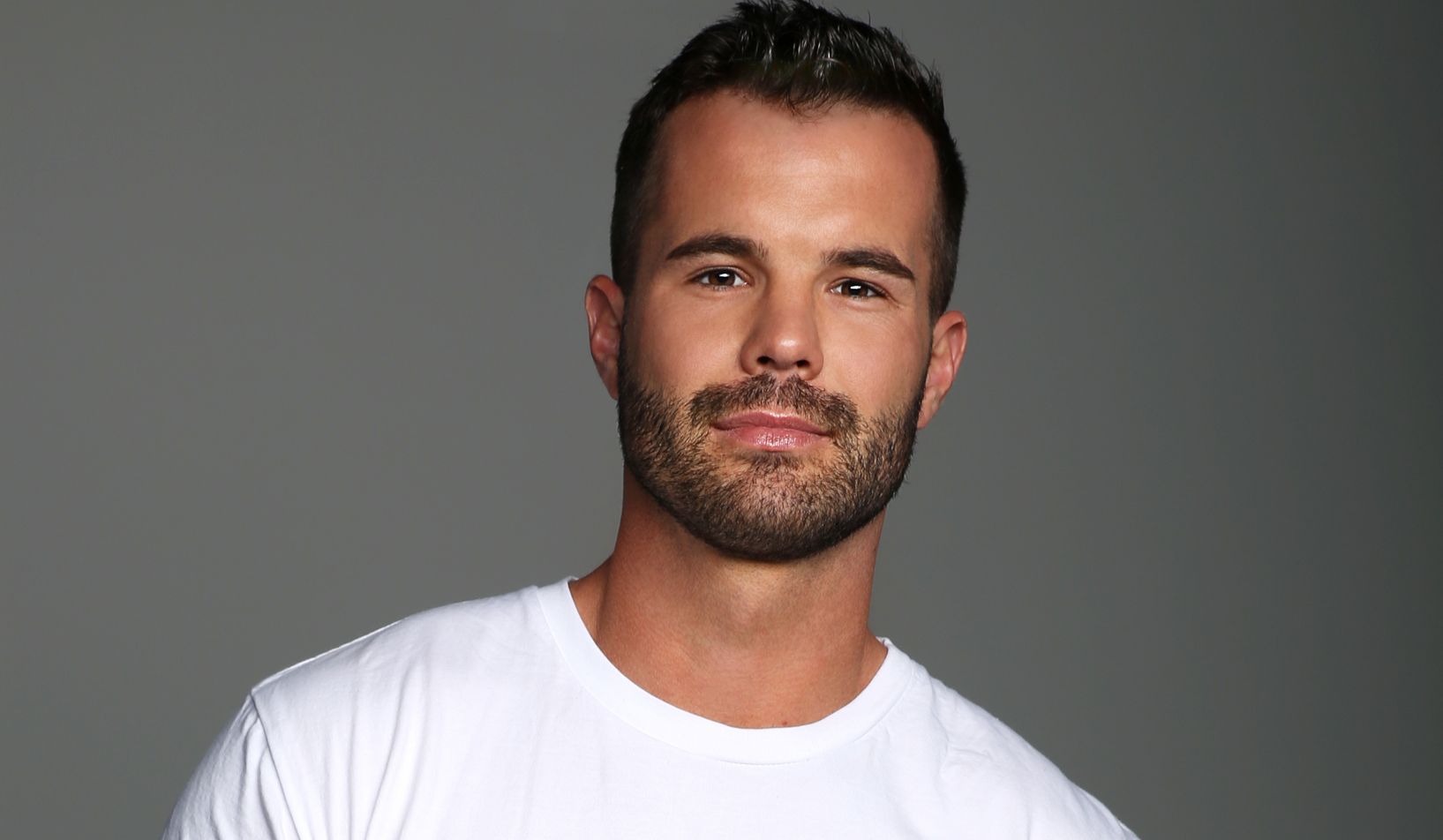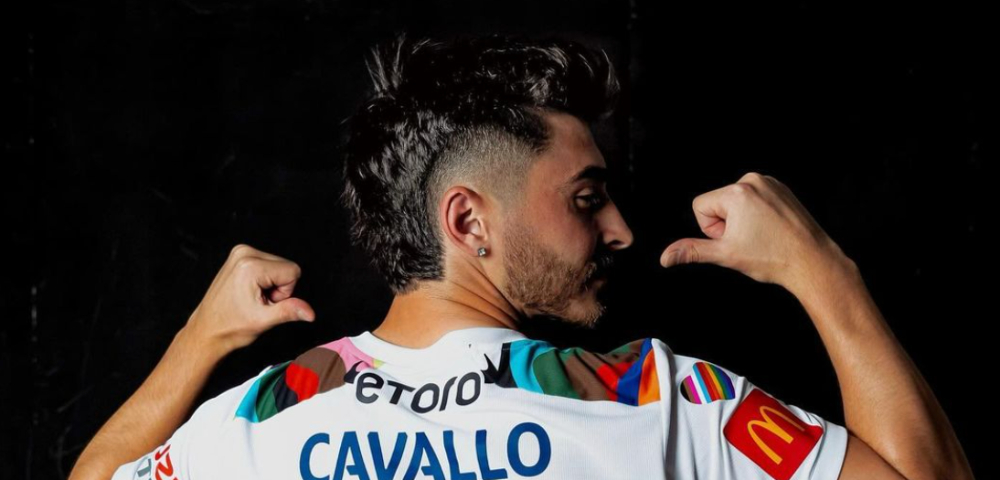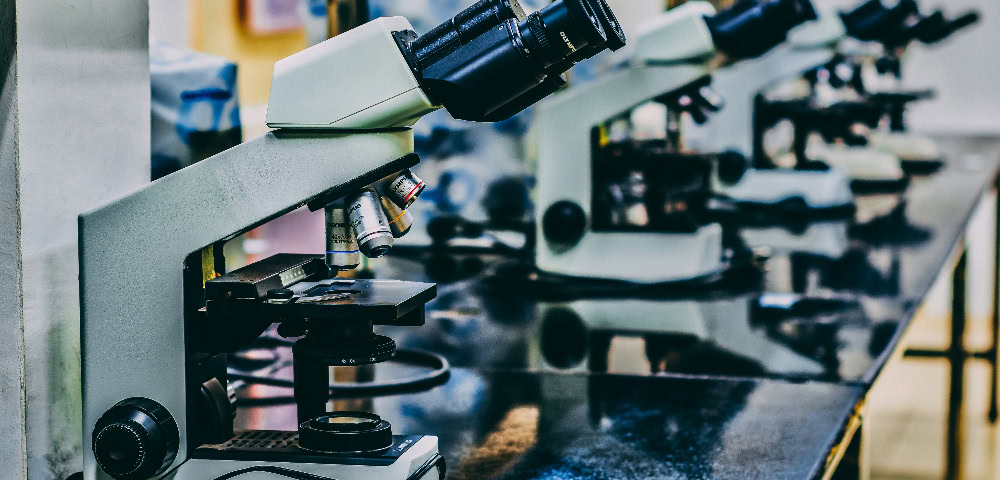
‘I was a gay man before I was an athlete’: retired bobsledder and rugby player Simon Dunn

Australia’s first openly gay bobsledder Simon Dunn recently announced his retirement from competitive sport. Matthew Wade caught up with him to talk role models, the future, and grassroots sport.
***
When Simon Dunn was a teenager and playing rugby in working class Australia, he quit his team after hearing words like “faggot” bandied around both on and off the field.
As a young person with a passion for sport and a growing awareness of his same-sex attraction, he found those two parts of his identity difficult to reconcile.
“One of my teammates was genuinely uncomfortable with having me on the team,” he says.
“It’s not that gay people can’t play sport, it’s that they stop, and that’s the fundamental reason there aren’t more gay athletes.”
Several years later, Dunn ultimately broke through the casual homophobia ingrained in sporting culture to become Australia’s first openly gay bobsledder.
Before newer sporting heroes in the queer community like Adam Rippon and Gus Kentworthy waved the rainbow flag for sexually diverse athletes, Dunn was representing Australia as a proud gay man in a hyper-masculine field.
He often wonders if things would have been different if he hadn’t come out publicly.
“Once you’re the gay bobsledder, you’re always going to be labelled the gay bobsledder,” he says.
“But for me that was one of the reasons I was so out about my sexuality in sport – I was a gay man before I was an athlete.
“And gay teens need to see that they are capable and worthy.”
In a post online, Dunn recently announced he was retiring from competitive sport.
Injuries, new business ventures, and other commitments played a part in his decision, but he says above all he decided to retire so that he can take time to discover who he is away from sport.
“I want to become more active with using my profile for advocacy work, and supporting causes I’m passionate about like HIV and AIDS awareness” he says.
“My life has been sport every day for the last five or six years, so [I thought] it might be nice to have a breather.”
He believes that the proliferation of openly queer athletes over the past five to ten years has slowly helped champion inclusion and diversity in sport, and hopes he has played a part in some way.
When he was younger he never had an out, gay role model in sport to look up to, so he decided to step up to the plate and be a role model for younger queer people himself.
“If I’ve been a role model for even one person, all that hard work and sacrifice will have been worth it,” he says.
“I would advise younger people to have a thick skin, find the champions within their teams that will have their backs, and be aware that there will always be homophobic people around.
“The world is tough, and it doesn’t feel like it’s going to get better, but you just have to find your place — it’s slowly improving, but we still have a long way to go.”
Dunn says a clear indication of how far sport has to go when it comes to queer acceptance and inclusion is the Australian Rugby Union’s (ARU) response to Waratahs player Israel Folau’s homophobic comments earlier this year.
After it was announced that he would miss four weeks on the field due to a hamstring injury, Folau posted an image on Instagram about the more difficult road being a part of “God’s plan”.
A follower of his then posted a comment underneath asking, “what was God’s plan for gay people?”
“Hell… unless they repent of their sins and turn to God,” Folau responded.
He faced no serious repercussions by the ARU for the homophobic comment, despite widespread backlash from the broader community.
Dunn says homophobia is so entwined in sporting culture that it will take a long time to fix.
“[The ARU’s] response proves to me we still have a long way to go,” he says.
“It says his behaviour is okay, and if he’s allowed to say what he says, why can’t anyone else?
“If someone said the ‘N’ word it would be a clear ending, but homophobic language isn’t seen the same way.”
He adds that the vital step towards inclusion and acceptance in sport needs to be taken on a grassroots level.
“It’s great that a lot of national sporting leagues are putting in extra effort—like the AFL’s Pride Game—but until we change sport on a grassroots level, there won’t be any major changes,” he says.
“A lot of people running grassroots sport teams and organisations have been around for a long time, and some of their homophobic views are being ‘taught’ to the younger generations who are getting into sport for the first time.
“We need to do better for the younger generations.”










Congratulations to Simon Dunn and the earlier coming out of Ian Roberts.
Of course, no matter how the homophobic men who control all of it try to deny it, there are anything between 5-10 percent of men and women in sport who are homosexual.
Why are the straight men and women so frightened? Is it because they think they might just be tempted? Is it because they have so little confidence in their own heterosexuality?
Why are they so damned terrified?
Is it because in their arrogance they think they are sexually irresistible to everyone? That everyone wants to bed them?